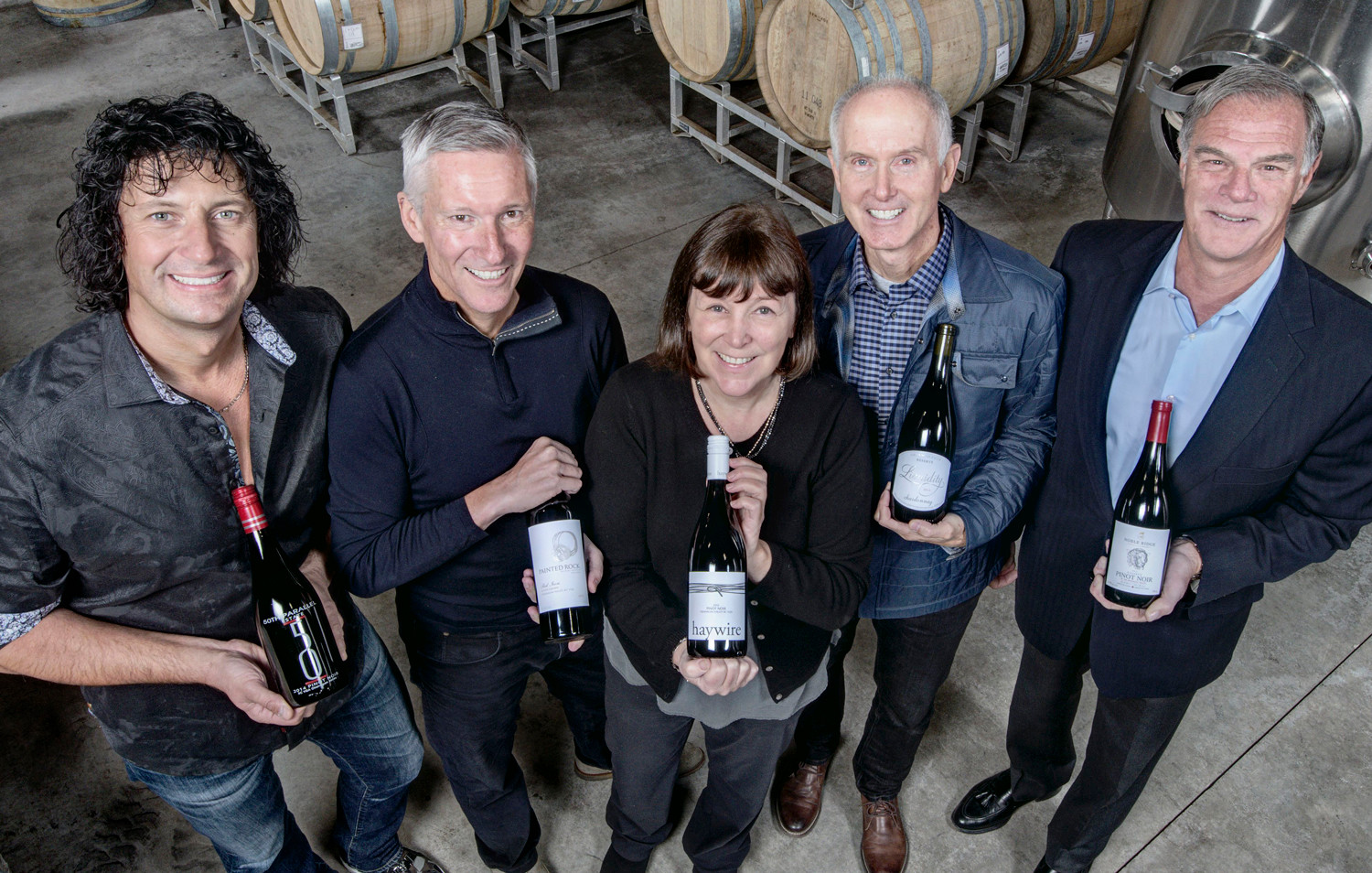On December 7, five small BC wineries had their day in front of the Supreme Court of Canada.
Speaking on behalf of a coalition of more than 100 BC wineries, the interveners spoke at the R. v. Comeau case, which addressed the legal barriers to inter-provincial shipping of Canadian wine, and about how it has negatively impacted consumer choice while threatening the domestic wine industry itself.
The R. v. Comeau case is a constitutional challenge, stemming from 2012 when New Brunswick native Gerard Comeau was stopped and fined after carrying purchased beverage alcohol from Quebec across the New Brunswick border. The challenge was to convince the court to uphold the “letter and spirit” of the 1867 Constitution, to provide some level of constitutional guarantee of free trade between each of Canada’s provinces and territories.
According to a recent IPSOS poll, 89% of Canadians side with Comeau and hope that reduced interprovincial trade barriers will make it easier for individuals and industry to access a national market, with the potential to contribute as much as $130 billion to Canada’s GDP.
The five intervening small BC wineries were Okanagan Crush Pad, Liquidity Wines, Noble Ridge Vineyard and Winery, 50th Parallel Estate, and Painted Rock Estate Winery.
Christine Coletta, owner of Okanagan Crush Pad, who travelled from BC to attend the hearings said, “My hope is that we will be able to direct ship to loyal wine lovers across Canada. This will give small wineries like ours an incentive to develop broad-reaching tourism initiatives that draw people to wine country. Once visitors return home and request our wines it is essential that we can continue the relationship from afar.”
Ian Macdonald, owner of Liquidity Winery agrees. “I hope the Comeau Case will give the nearly 800 small wineries in this country the chance to share their farm-based products freely with all Canadians. Direct to Consumer wine shipments are the norm in all other wine producing countries, and have proven essential for small winery economic viability.”
The outcome of the case is expected to be decided on in 2018. In the meantime, the five BC wineries have supported the cost of the action to date (approximately $70k of their own money to date) and are prepared to fund this effort further. They hope that all small and medium Canadian wineries will consider contributing to the legal fees that will help their team address questions at the heart of Canada’s constitution with donations being accepted via their GoFundMe page.


